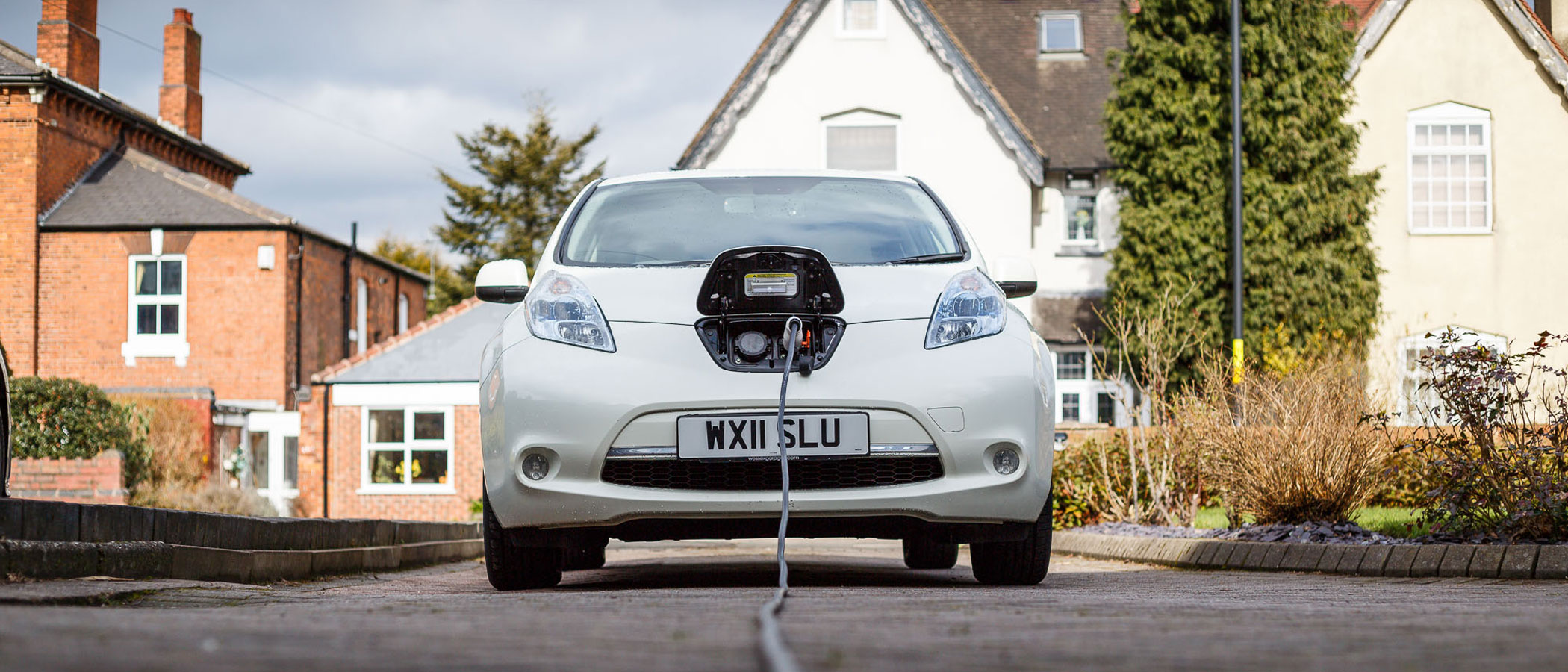News Blast
Your daily source for the latest news and insights.
Charged Up: The Surprising Truth About Electric Cars
Uncover the shocking truths about electric cars! Discover what you never knew and why they might just change the world.
5 Myths About Electric Cars Debunked
As electric cars gain popularity, numerous misconceptions surrounding them have emerged. One of the most prevalent myths is that electric vehicles (EVs) do not have enough range for daily use. In reality, advancements in battery technology have significantly increased the range of many electric models, with several capable of covering over 300 miles on a single charge. Moreover, for the average driver, who typically travels less than 30 miles per day, an electric car's range is more than sufficient.
Another common belief is that charging an electric car takes an excessive amount of time. While it's true that charging an EV can take longer than filling up a traditional gasoline vehicle, there are now fast-charging stations that can recharge up to 80% of a car's battery in around 30 minutes. Additionally, many EV owners utilize home charging, which allows for convenient overnight charging, making the process much more manageable and efficient.

How Electric Cars Work: The Science Behind the Spark
Electric cars operate on the principles of electromagnetism, transforming electrical energy into mechanical energy. At the heart of this process lies the battery pack, typically composed of lithium-ion cells, which stores energy and supplies it to the electric motor. The motor, in turn, converts this electrical power into rotational force, propelling the vehicle. Unlike traditional internal combustion engines that burn fuel, electric cars use an electric drivetrain, which is simpler and more efficient. The science behind the spark begins with the vehicle's controller, regulating the power from the battery to the motor, ensuring optimal performance and energy distribution.
The efficiency of electric vehicles is further enhanced by regenerative braking, a process that captures energy during braking and redirects it back to the battery. In essence, this system helps to recharge the battery while simultaneously slowing down the vehicle. Additionally, electric cars produce zero tailpipe emissions, making them an environmentally friendly alternative to conventional gas-powered vehicles. As technology advances, the range and charging speeds of electric cars continue to improve, making them increasingly viable for everyday use and playing a crucial role in the transition to sustainable transportation.
Are Electric Cars Really Better for the Environment?
When considering the question, Are electric cars really better for the environment?, it's essential to look at their overall lifecycle. While electric vehicles (EVs) produce zero tailpipe emissions, the environmental impact associated with their production, particularly the mining and processing of lithium for batteries, cannot be overlooked. Studies have shown that the manufacturing of EVs can initially generate more greenhouse gases compared to traditional gasoline cars due to the energy-intensive processes required for battery production. However, once on the road, electric cars typically have a lower carbon footprint over time, especially when powered by renewable energy sources.
Moreover, the environmental benefits of electric cars extend beyond just emissions. For instance, electric vehicles contribute to improved air quality in urban areas by significantly reducing harmful pollutants like nitrogen oxides and particulate matter. Additionally, as electricity generation increasingly shifts towards renewable resources, the overall carbon footprint of charging these vehicles is expected to decrease. Thus, while the answer to whether electric cars are better for the environment is complex, their potential for a cleaner, sustainable future is evident and continues to evolve with advancements in technology and energy production.